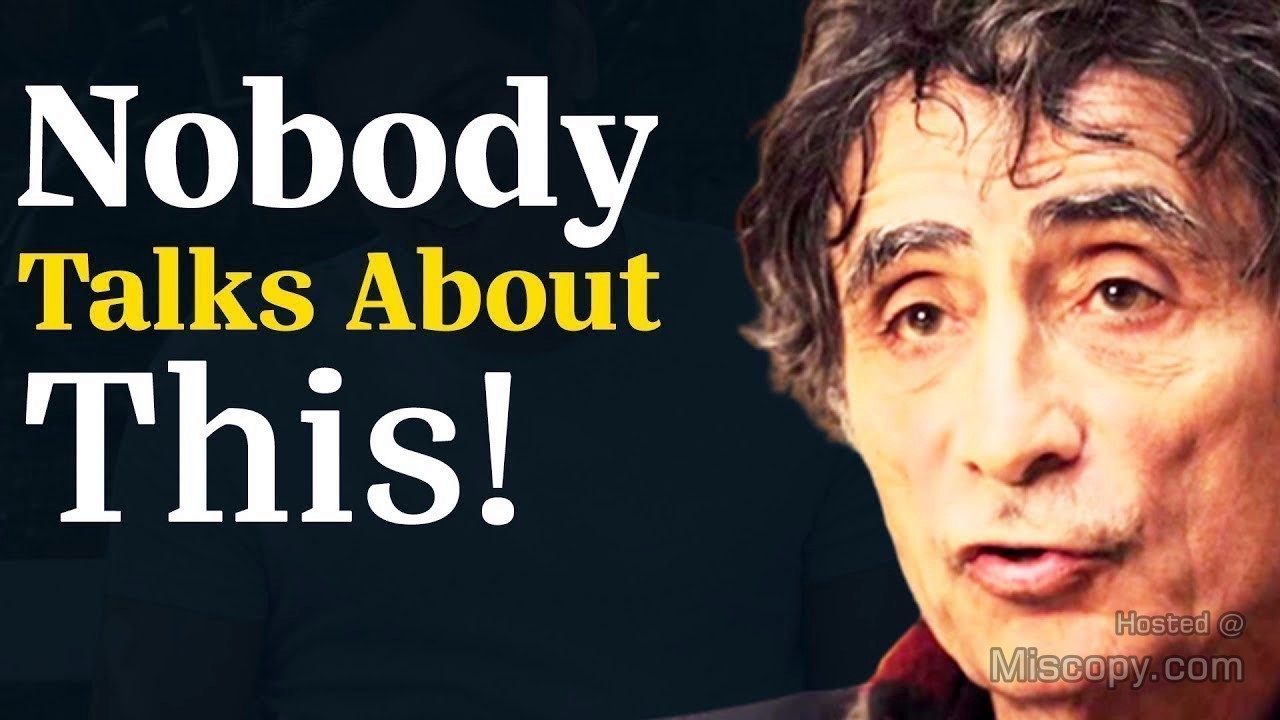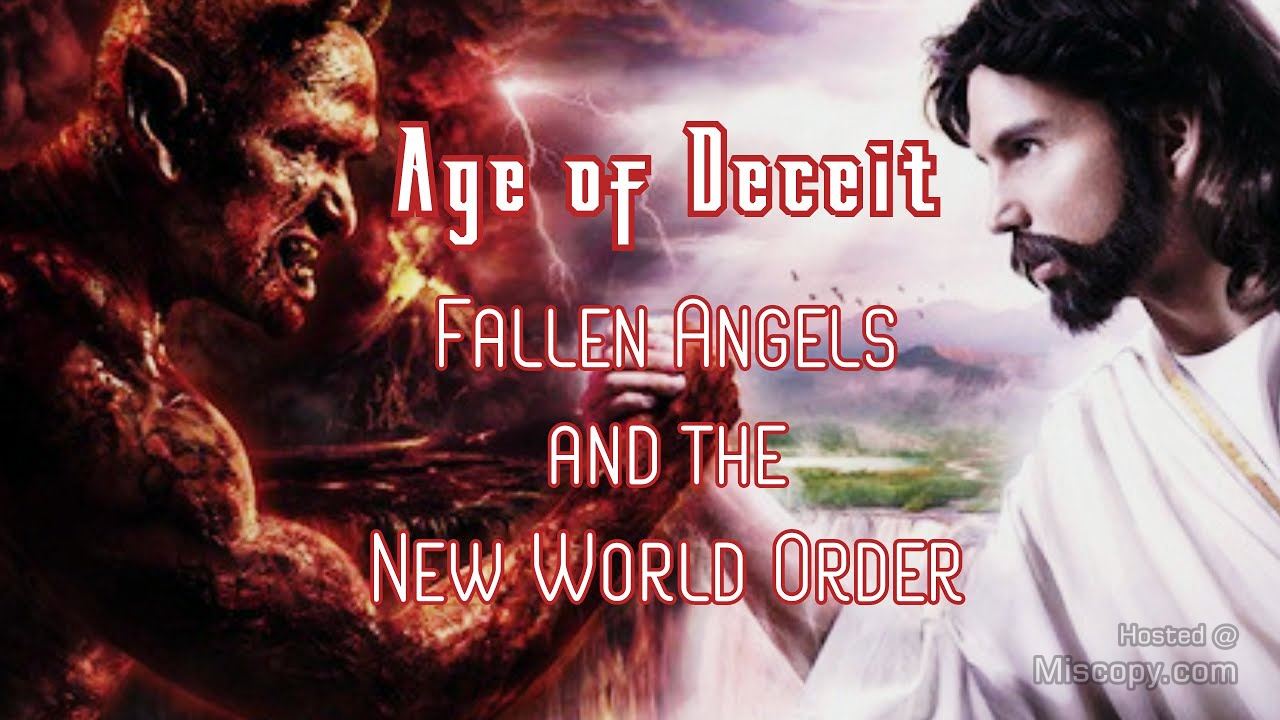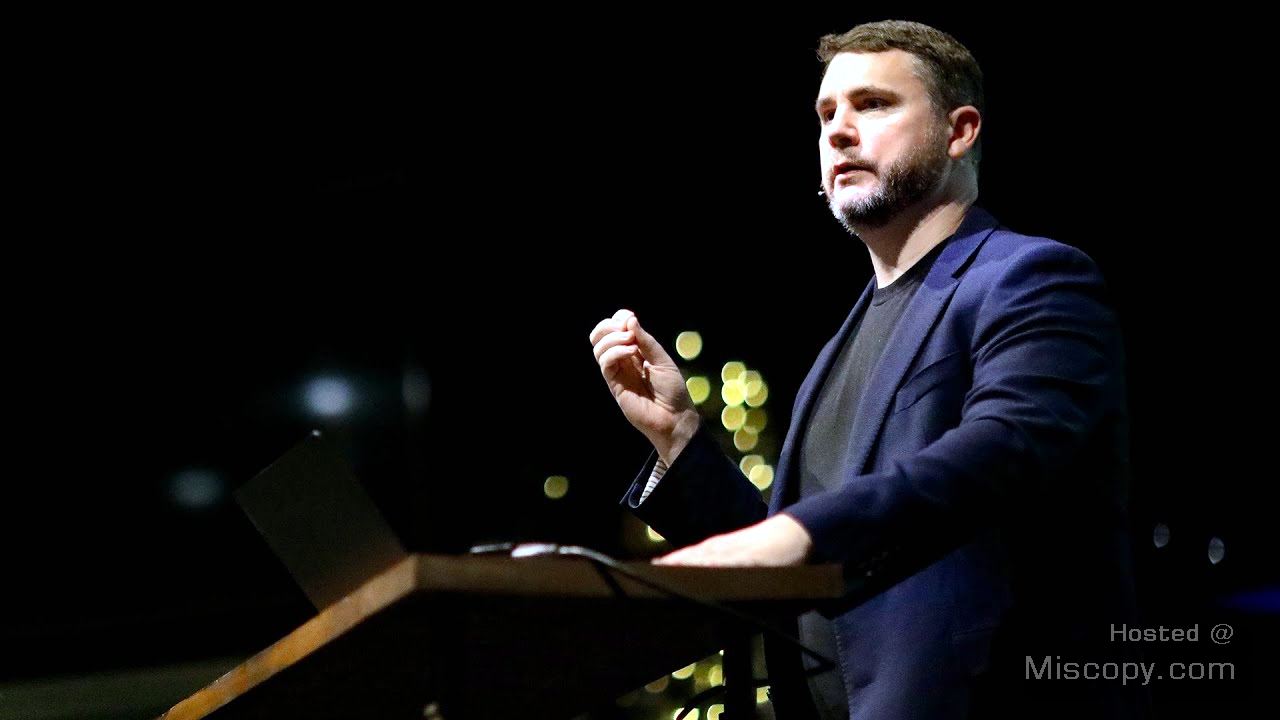Dr. Gabor Maté discusses the deep connection between childhood experiences and our health. He argues that childhood trauma and stress can shape our personalities, behaviors, and overall well-being, often leading to addictive behaviors as coping mechanisms. Maté highlights the importance of addressing the root causes of health problems and emphasizes the need for society to support children and parents to prevent the negative effects of early stress. He also discusses the societal pressures and lack of genuine human connection in modern society, which can contribute to mental health issues and addiction. Maté encourages individuals to prioritize real-life connections and to seek therapy and treatment for underlying issues.
He further discusses the impact of legalizing drugs on health and disease. The host argues that while it is important to treat addiction as a medical problem, criminalizing drugs has led to a failure to provide adequate care. The host also reflects on the importance of a general practitioner’s role in medicine and the need for personalized, holistic care. Dr. Gabor Maté then discusses the connection between social and relational context and human health. He argues that trauma is often overlooked in medical training and emphasizes the importance of engaging with a patient’s entire life and context to understand their illness. The host questions what makes people overcome challenges and highlights the need for more faith and openness to alternative healing practices.
Detailed Description
Dr. Gabor Maté explains that addiction is not a choice, but rather a coping mechanism for underlying emotional pain. He clarifies that the legal system’s assumption that people make conscious and deliberate choices when indulging in addictions is false. He further states that addiction is an attempt to regulate an unbearable emotional state internally through external means such as drugs, gambling, internet, sex, or shopping. Dr. Maté emphasizes that the targets of addiction may be different, but the internal effects are similar, and the sources of addiction are emotional distress and pain.
Dr. Gabor Maté defines addiction as a behavior that brings temporary pleasure or relief, but causes negative consequences in the long term. He states that it is an addiction if a person cannot give it up, regardless of the substance. Dr. Maté explains that addictions are distributed throughout society and make up only a small part of the addicted population. He asserts that addictions are often rooted in childhood trauma, and that the more severe the trauma, the greater the risk for substance addiction and injection use. Dr. Maté also discusses his own experience as a Jewish-Canadian infant boy during World War II, who was hungry and spent his first year under the Nazi regime. He argues that children can be hurt by both abuse and neglect, and that these experiences can lead to addiction later in life.
As a leading voice on trauma and addiction, Dr. Maté discusses his own experience of trauma as a young baby and its impact on his health and behavior. He explains that his work as a family physician and studying trauma helped him understand the role it plays in shaping people’s health and illness. He shares his experience of working with families who had health problems and how he noticed the emotional component behind their illnesses. Dr. Maté’s point of view is that chronic illnesses and diseases have unconscious stresses that people impose on themselves. These stresses arise from childhood programming, and they can affect people’s immune systems, emotional systems, hormone systems, and nervous systems, which all work together as part of the body.
When discussing the impact of childhood experiences on our health, Dr. Gabor Maté argues that organic causes of disease, such as chronic illnesses that impact the immune system, are often related to emotional or psychological factors that were developed during childhood. Maté notes that these emotional patterns can be passed down through generations, and that they often reflect unconscious, inherited behaviours. According to Maté, there is a distinction between blame and responsibility in this context: while blame places the blame on an individual for the consequences of their actions, responsibility acknowledges that these behaviours are often not conscious or deliberate choices, but are instead the result of our experiences in our childhood.
Maté argues that the way to address these emotional patterns is through becoming conscious of them, and then making the choice to act differently in response to both past and present circumstances. Maté points to his own personal journey as an example of the transformative power of this approach. He notes that his focus on his own emotional health has helped him to better understand the root causes of certain behaviours, which have in turn allowed him to modify them in ways that have had a significant impact on his life and his health.
Dr. Gabor Maté goes on to discuss how childhood stress can shape an individual’s personality and health. He cites his own experiences as a Jewish infant under the Nazis, which he describes as a “stressful condition,” as an example. Dr. Maté claims that his “brain was programmed to” adapt to the stress, which led to his “addictive personality.” He argues that this was a way of surviving and soothing pain in these “shelters.” As we age, we can begin to realize that our personality is a defensive cover for our true selves. Dr. Maté also discusses the medical practice of treating high blood pressure as an appropriate response to signals from the body, despite not fully understanding the cause of hypertension. Dr. Maté argues that social pressure and stresses are the root causes of hypertension, and that addressing the sources of tension is necessary for managing blood pressure.
Dr. Gabor Maté then discusses the importance of addressing the root cause of health problems. Dr. Maté argues that if individuals are unable to make lasting changes to their lifestyles despite trying, it suggests that they are not getting to the root cause of their problems. He suggests that his work in addiction and trauma can be applied to all aspects of human behavior and has profound implications for health. Dr. Maté emphasizes that the way young children adapt to stress in their early years can have long-term impacts on their health and behavior. He argues that it is essential to create a society that supports children and parents at a young age to prevent the negative effects of early stress and maladaptation. Dr. Maté mentions Scandinavia and their priorities towards supporting early years as an example of a society that values family and child-rearing.
Dr. Gabor Maté also discusses the societal norms surrounding childcare and maternity in the United States and how they may be affecting the healthy development of children. He argues that historically, human societies were organized around children being around their parents, but in modern societies, there is a barbaric childcare system and maternity leave policy that separates children from their parents. This can lead to increased stress and the release of stress hormones in the child, which can interfere with their healthy brain development. Dr. Maté advises that holding and picking up children when they cry is an essential aspect of childcare that modern societies have denied.
Dr. Gabor Maté then discusses the impact of societal changes on childhood development and overall health. He notes that many societal pressures, such as the demands of providing for a family while working, can be detrimental to both parents and children. He also discusses the importance of natural social connections and the evolutionary history of human beings, noting that the trend of urbanization and community destruction in modern society is contributing to the rise of autoimmune disease and addiction. Maté stresses that while progress and industrialization have brought many benefits, it is important to be aware of the human evolutionary heritage and incorporate it into modern societal structures in order to promote healthy development.
Dr. Gabor Maté further discusses the importance of genuine human connection and how it is increasingly lacking in modern society. He argues that as technology becomes more prevalent, people are becoming more disconnected and isolated from one another. This lack of connection can have negative effects on mental health and can contribute to the development of addictive behaviors. Maté encourages people to prioritize real-life friendships and relationships, rather than relying on social media for connection. He believes that by building genuine connections with others, people can overcome their sense of isolation and improve their overall health and well-being.
Dr. Gabor Maté also discusses the importance of dealing with the underlying life experiences that shape our health. According to Dr. Maté, the wound or trauma that a person received as a child can have a significant impact on their behaviors and lifestyle, and it is important to heal that wound. Dr. Maté also emphasizes the importance of owning one’s life and being the agent of their own change. Throughout his discussion, Dr. Maté highlights the power of language and the sources and meanings of words. He also reflects on a specific experience in his talk where a woman came forward to share her story of having a happy childhood, but when questioned, it became clear that there was underlying pain and a lack of acceptance. Dr. Maté believes that confidence can be a giveaway sign of a person protecting themselves from unacknowledged pain.
Dr. Gabor Maté says the coping mechanism of suppressing emotions and ideals of a happy childhood are a form of self-defense. He provides the example of a woman named Shannon who had severe opioid addiction due to childhood adversity. Shannon’s poor health stemmed from her addiction and bloodborne infection, which was not treated despite multiple hospitalizations. Despite her addictive behavior, Shannon wanted to be helped and moved to a healthcare facility where she was able to receive the treatment she needed. This part of the interview illustrates the power of addiction as an addictive drive for some people and how early childhood patterns can shape one’s life. It also highlights the importance of seeking help for addiction and treatment for underlying issues.
It is a personal story of a young woman who died of an overdose just three days after getting clean from drugs. He emphasizes the powerful grip that addiction has on individuals, even those who witness the devastating consequences it can have on friends and loved ones. Dr. Maté goes on to discuss his own experiences with addiction and how he has found therapy, particularly internal family systems, helpful in gaining insight into the different parts of himself that drive certain behaviors. He encourages listeners to approach addiction with compassion, not only for those struggling with it but also for themselves.
The idea that the drugs we choose to legalize as a society have a significant impact on health and disease, Dr. Maté proposes. He argues that by criminalizing drugs like heroin and cannabis, we are failing to treat addiction as a medical problem and instead treating it as a moral failing. The host also reflects on the role of the generalist in medicine and the importance of personalized, holistic care for patients. The host notes that while specialty training is important, the role of the general practitioner should not be undervalued, as they have the ability to see the whole patient and provide emotional support. The host concludes by expressing admiration for the work of specialists while also recognizing the importance of a holistic approach to healthcare.
Dr. Gabor Maté then discusses the importance of considering the social and relational context when approaching human health. He argues that human beings are deeply shaped by their social relationships and environment, and that a person’s illness is a reflection of their entire life and context. He notes that trauma is often overlooked in medical training, and that a physician’s limited knowledge can lead to a lack of understanding when treating patients. He also emphasizes the innate healing capacity of human beings and the need to engage and evoke this capacity in order to promote health and wellness.
Dr. Gabor Maté also discusses the limitations of mainstream medicine and the importance of curiosity and self-discovery in personal healing. He encourages listeners to question what makes people overcome challenges such as addiction and live much longer than predicted. He also highlights the need for more faith and openness to alternative healing practices and therapies. Dr. Maté recommends that people check out his books as a starting point for their own healing journey, as he believes that his work has the potential to help millions of people around the world.
At the end, Dr. Maté discusses his relationship with Dr. Raj Chaski and how they share a similar passion for discussing topics such as addiction, child development, stress, and health. Dr. Maté finds it delightful and pleasurable to meet colleagues who share the same interests and work towards discovering the same truths. He finds it validating to have a conversation with someone who asks the same questions as him, and considers it an honor to be able to discuss these topics with Dr. Chaski.






